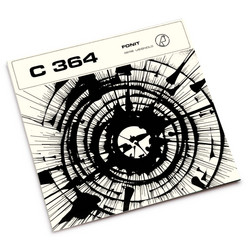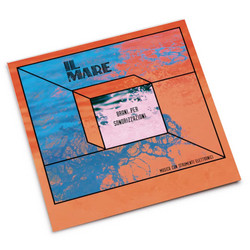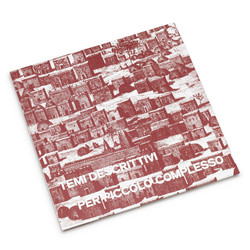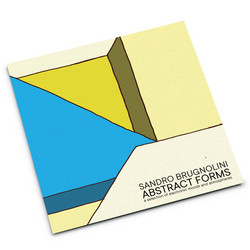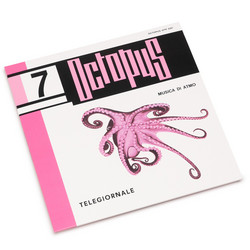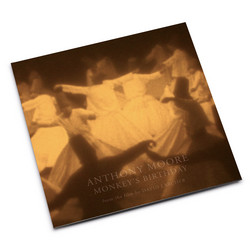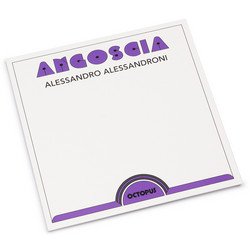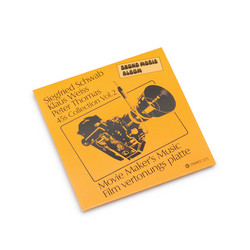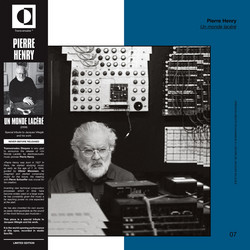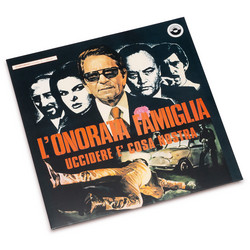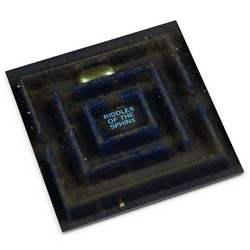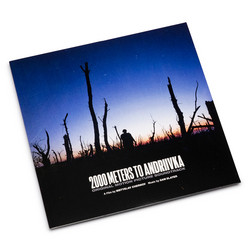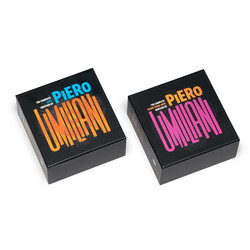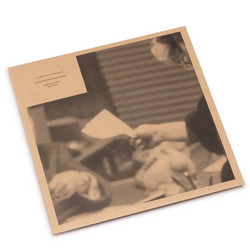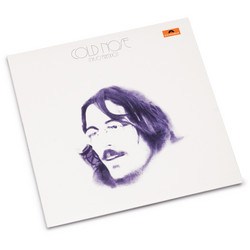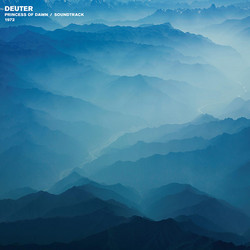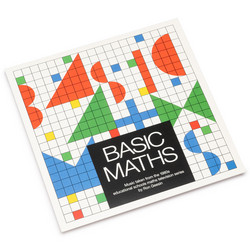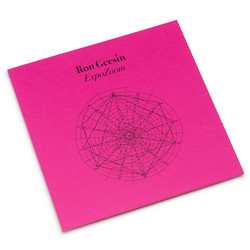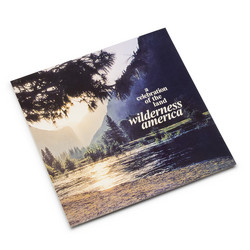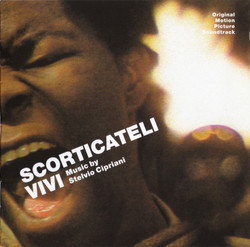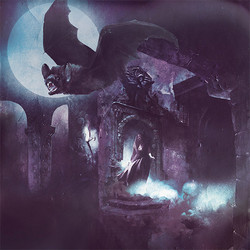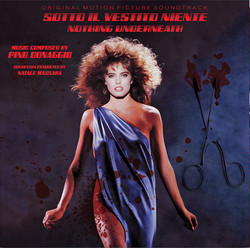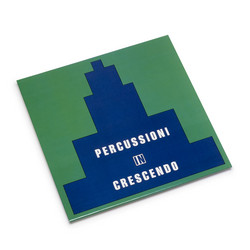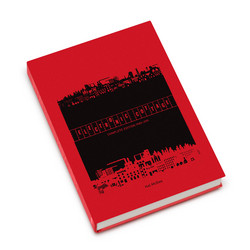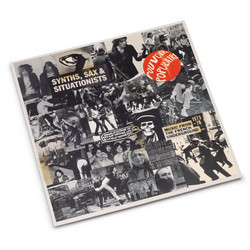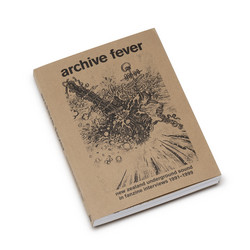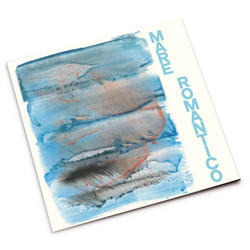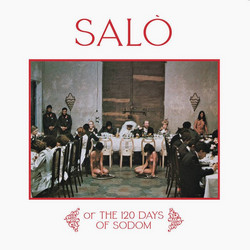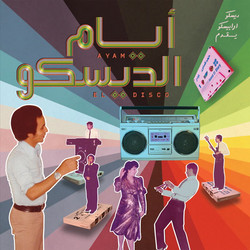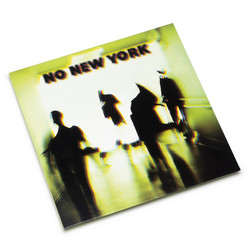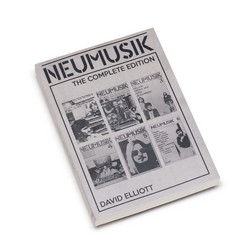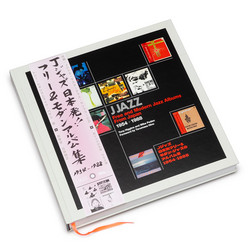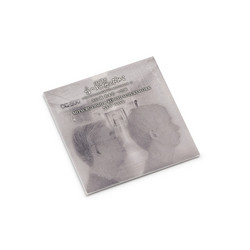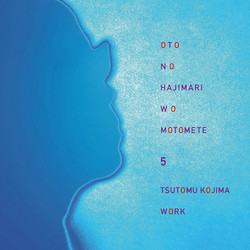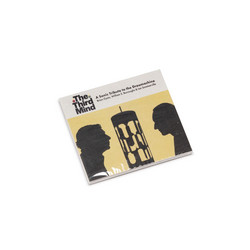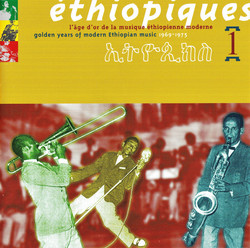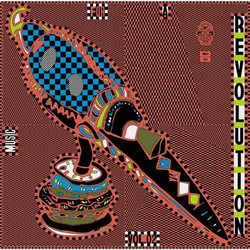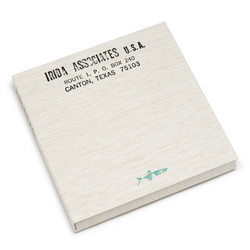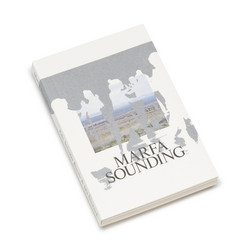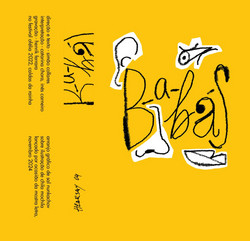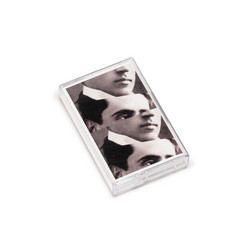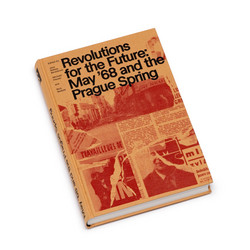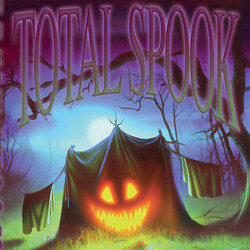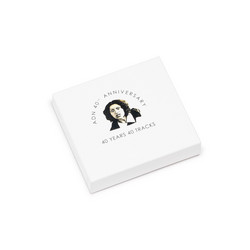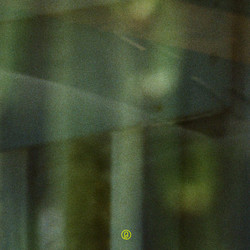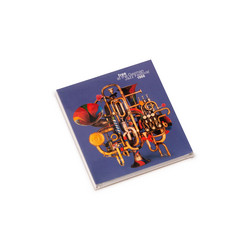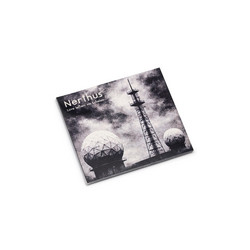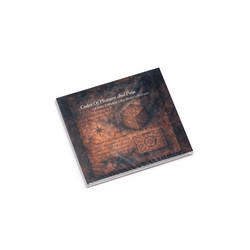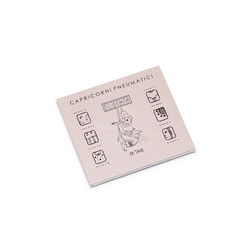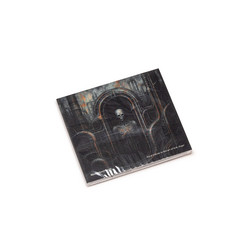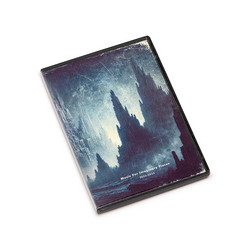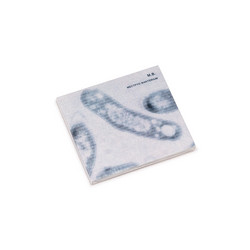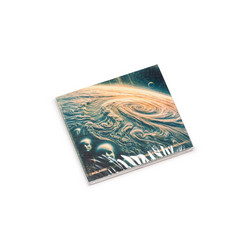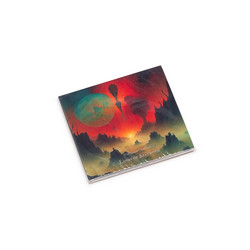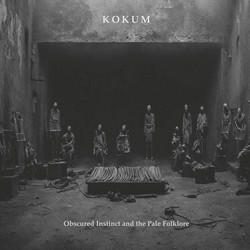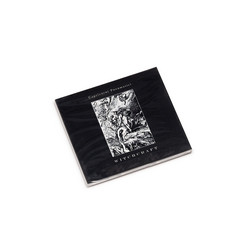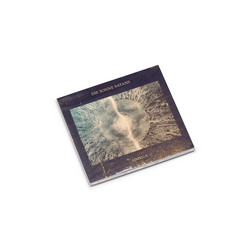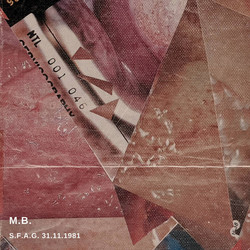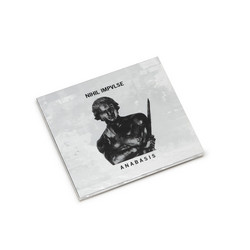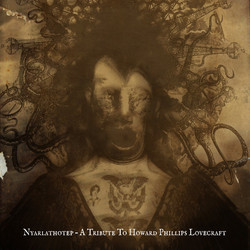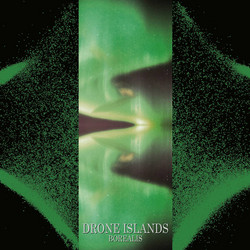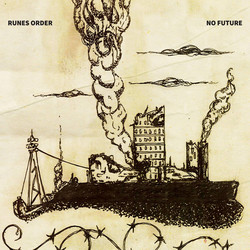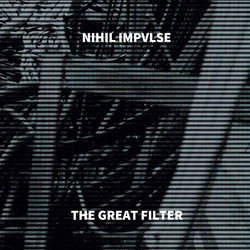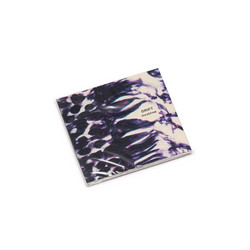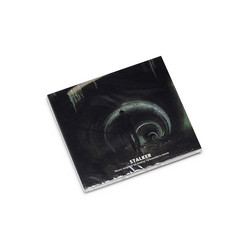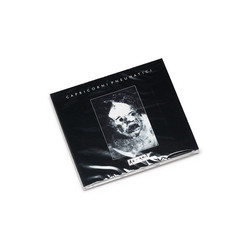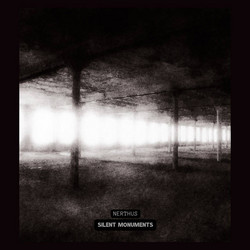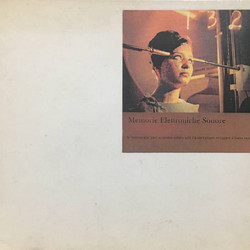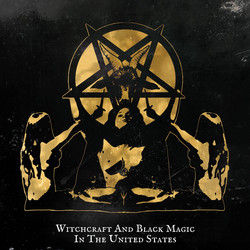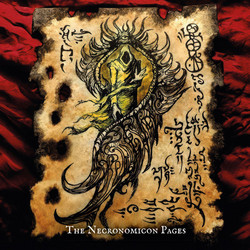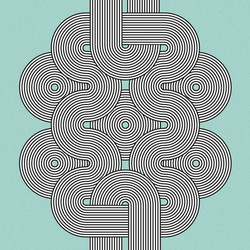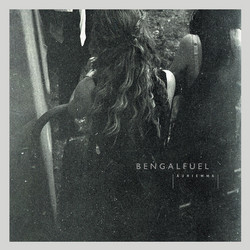Various
The Beyond - Music Inspired By The Lucio Fulci Death Trilogy
Lucio Fulci, born in Rome in 1927, remains as controversial in death as he was in life. A gifted craftsman with a sharp tongue and a wicked sense of dark humor, Fulci achieved some measure of notoriety for his gore epics of the late 1970s and early 1980s. Abandoning his early career as a med student, Fulci entered the film industry as a screenwriter and assistant director, working alongside such directors as Steno and Riccardo Freda. Fulci quickly established himself as a prolific craftsman adept at musicals, comedies and westerns. In 1979, Fulci's film making career hit a high point with him breaking into the international market with Zombi 2 (1979), an in-name-only sequel to George A. Romero's Zombi (1978), which had been released in Italy as 'Zombi'.
With its flamboyant imagery, graphic gore and moody atmospherics, the film established Fulci as a gore director par excellence. Over the next three years, Fulci plied his trade with finesse and flair, rivaling even the popularity of his "opponent" Dario Argento. Bleak horrors are transformed into bloody poetry - Fulci's loving camera technique, and the decayed splendour of his art design, make the films more than just a gross endurance test. His opus latifundium, his “real estate” is the “Trilogy of Death”: Paura nella città dei morti viventi (City of the Living Dead, 1980), a Lovecraftian story of a priest who hangs himself thus opening the gates of hell; L’aldila (The Beyond, 1981), about a hotel which is a gate to hell, and Quella villa accanto al cimitero (House by the Cemetery, 1981), about one Dr Freudstein who, by transplanting parts of his victims to his body for over a century has managed to stay alive. These films are about intrinsic quality, texture, consistency. For this reason they affect sense rather than intellect – confusion, disgust, suffering, delight at the pangs of horror are the qualities these films evoke. The screen is not the marker between actual and virtual but, in Paul Virilio’s words, the “osmotic membrane”. Or in the Gilles Deleuze’s words “not in a different world but in a link between humanity and the world…to believe in this as in the impossible, the unthinkable, which nonetheless cannot be but thought”. By the 1990s, Fulci went on a hiatus with film making for further health and personal reasons as the Italian cinema market went into a further decline. Lucio Fulci passed away at his home on March 13, 1996 at the age of 68.
This new Eighth Tower Records project, dedicated to the Lucio Fulci’s “Trilogy Of Death”, a unique and unrepeatable corpus in the history of Italian “supernatural cinema”, tries to imagine an alternative soundtrack for those movies. The several souls of Fulci’s movies are evoked by the musicians - Nàresh Ran, Mario Lino Stancati, Daniel Ferreira (Kloob), Leonardo Granchi (Bad Girl), Cristiano Bocci, Paolo Acquaviva (DuoSerpe), Sara Fontana, Dario Arrighi (Progetto No Name) - through a variety of music styles (electroacoustic, dark ambient, concrete music, progressive rock, drone music). Some of them kept in mind the lesson of the master Fabio Frizzi, the well known composer of the original soundtracks, while others escaped any attempt to revive that glorious tradition and interpreted Fulci’s horror universe in a totally contemporary and unedited way.
